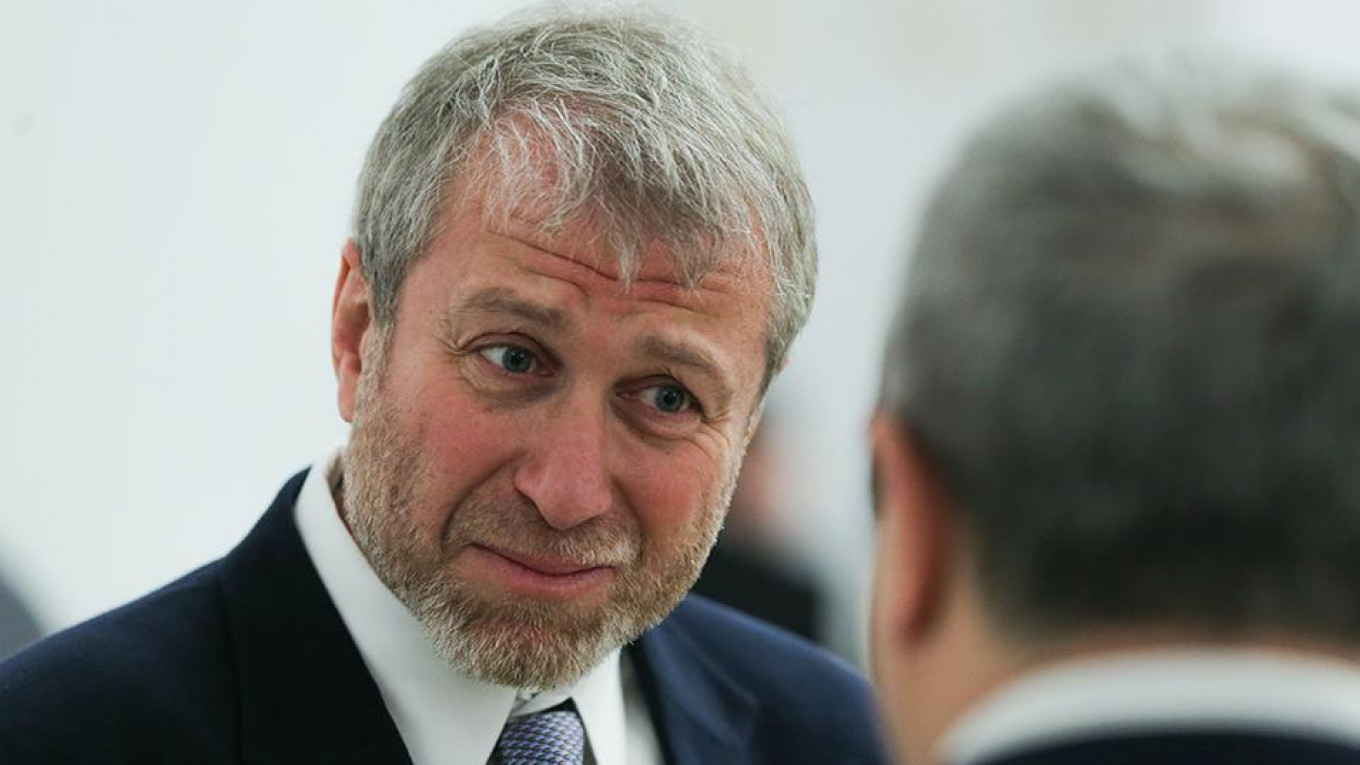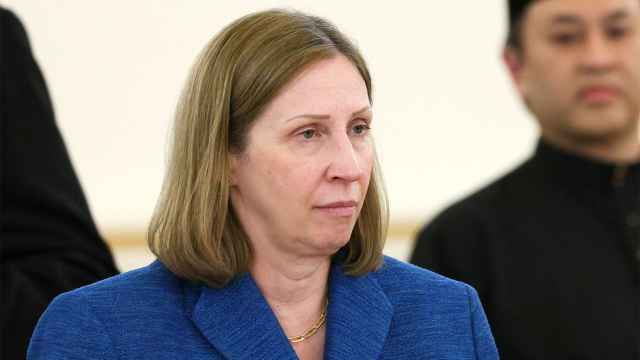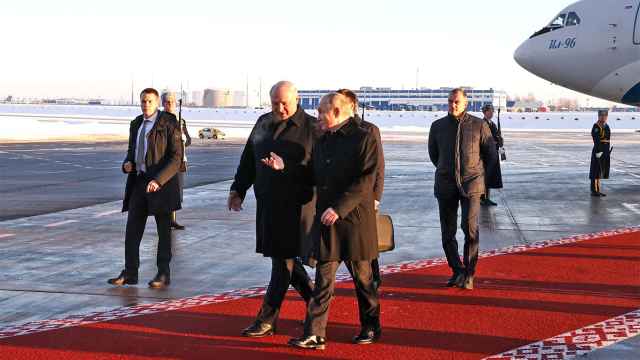Russian oligarch Roman Abramovich rejects "lazy inaccuracies" in a book that claims he took over Chelsea Football Club at the Kremlin's behest, his lawyer said Wednesday at the start of a U.K. libel trial.
The billionaire is suing Reuters journalist Catherine Belton and publisher HarperCollins over their 2020 book "Putin's People: How The KGB Took Back Russia And Then Took On The West".
The best-selling book alleges that President Vladimir Putin has overseen a vast exodus of ill-gotten money to spread Russian influence abroad, including the purchase of Chelsea by Abramovich in 2003.
The two-day hearing in London groups claims for libel brought against Belton and HarperCollins by Russian state-owned energy giant Rosneft, and against HarperCollins by Russian businessman Mikhail Fridman.
Pyotr Aven, the head of Russian lender Alfa-Bank, had also brought a data protection claim against the publisher.
But the High Court in central London heard that HarperCollins had agreed to remove offending material relating to Fridman and Aven from future editions, so their cases were discontinued.
Representing Abramovich, lawyer Hugh Tomlinson said the Chelsea owner did "not bring this claim lightly" but the book "unfortunately repeats lazy inaccuracies about his role in the events described."
He described the book as alleging that Abramovich had been "cashier" to the family of Russia's former president Boris Yeltsin in the 1990s, and then "a custodian of slush funds" to Yeltsin's successor Putin.
"The ordinary reasonable reader thinks there is a lot of villainy going on and Abramovich is part of it," the barrister said.
A Message from The Moscow Times:
Dear readers,
We are facing unprecedented challenges. Russia's Prosecutor General's Office has designated The Moscow Times as an "undesirable" organization, criminalizing our work and putting our staff at risk of prosecution. This follows our earlier unjust labeling as a "foreign agent."
These actions are direct attempts to silence independent journalism in Russia. The authorities claim our work "discredits the decisions of the Russian leadership." We see things differently: we strive to provide accurate, unbiased reporting on Russia.
We, the journalists of The Moscow Times, refuse to be silenced. But to continue our work, we need your help.
Your support, no matter how small, makes a world of difference. If you can, please support us monthly starting from just $2. It's quick to set up, and every contribution makes a significant impact.
By supporting The Moscow Times, you're defending open, independent journalism in the face of repression. Thank you for standing with us.
Remind me later.






